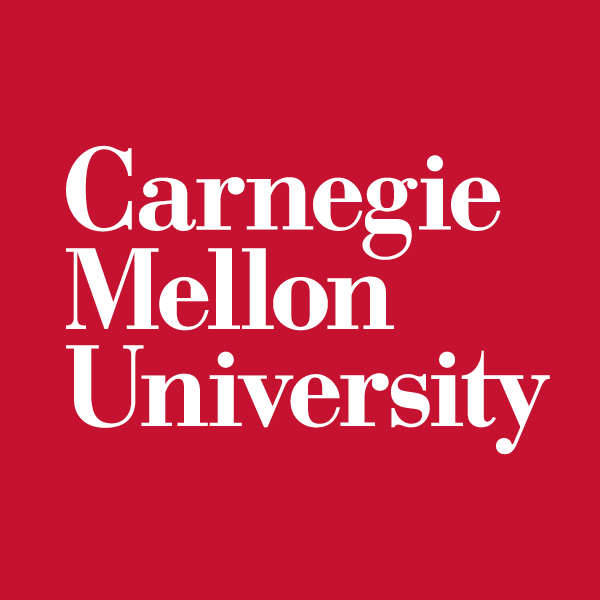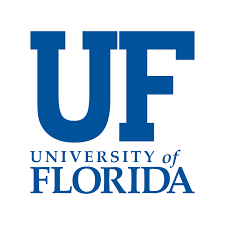
Photonics Center, 8 St Mary's St, Boston, MA 02215
shawn24 [at] bu [dot] edu
I am a lifelong proud gator 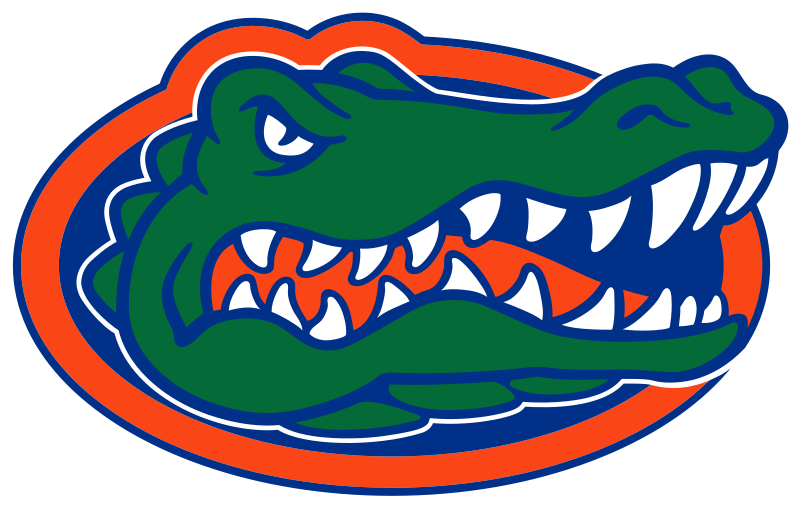 and a Ph.D. candidate in Electrical Engineering at
Boston University, advised by Prof. Kayhan Batmanghelich. I am fortunate to be
co-advised by Dr. Forough Arabshahi from Meta, Inc. Before our lab moved to
Boston, I was a Ph.D. student in the Intelligent Systems Program (ISP) at the University of Pittsburgh. While at Pitt, I was also a
cross-registered student at Carnegie Mellon University,
where I registered for the courses Foundations of Causation and Machine Learning (PHI 80625)
and Visual Learning and Recognition (RI
16-824). My current research interest lies in explainable AI to understand and explain the prediction of a deep neural network. I believe that understanding a deep model's behavior is essential to mitigating bias and engendering trust in AI.
and a Ph.D. candidate in Electrical Engineering at
Boston University, advised by Prof. Kayhan Batmanghelich. I am fortunate to be
co-advised by Dr. Forough Arabshahi from Meta, Inc. Before our lab moved to
Boston, I was a Ph.D. student in the Intelligent Systems Program (ISP) at the University of Pittsburgh. While at Pitt, I was also a
cross-registered student at Carnegie Mellon University,
where I registered for the courses Foundations of Causation and Machine Learning (PHI 80625)
and Visual Learning and Recognition (RI
16-824). My current research interest lies in explainable AI to understand and explain the prediction of a deep neural network. I believe that understanding a deep model's behavior is essential to mitigating bias and engendering trust in AI.
Prior to that, I graduated with a Master's degree in Computer Science from the University of Florida. I worked as a graduate assistant in Data Intelligence Systems Lab (DISL) lab under the supervision of Prof. Mattia Prosperi, where I conducted research on the intersection of deep learning and causal inference. I also worked closely with Prof. Kevin Butler as a Graduate Research Assistant at the Florida Institute of Cybersecurity (FICS) Research.
[ Google Scholar | Semantic Scholar | OpenReview | Github | LinkedIn | Twitter ]
Research
I am currently conducting research in the field of computer vision, deep learning, and their
applications in medical image analysis. My focus is on exploring various architectures of supervised and
unsupervised deep neural networks to enhance their generalization and interpretability. Specifically, I
am interested in developing explainable AI (X-AI) algorithms with the following objectives:
(1) Understanding the rich internal structure of deep neural networks that are often treated as black
boxes.
(2) Enhancing the reasoning methodology by incorporating high-level human interpretable concepts
within image analysis.
(3) Bridging the gap between post-hoc explainability techniques and methods that
are interpretable by design.
During my Master's program at UF, I
applied deep learning techniques to calculate propensity
scores for the efficient estimation of individual treatment effects (ITE). For a detailed
overview of my Master's research, refer to the slides available at this link.
News
|
[Jul 2023] I will serve as a reviewer for the NeurIPS 2023 conference and the
journal Computer Methods and Programs in Biomedicine. [Jun 2023] Two papers are accepted at SCIS and IMLH workshops at ICML 2023. [Jun 2023] I am now a Ph.D. candidate. [May 2023] Our work Distilling BlackBox to Interpretable models for Efficient Transfer Learning is accepted (Early accept, top ~ 14%) at MICCAI 2023. [Apr 2023] Our work Dividing and Conquering a BlackBox to a Mixture of Interpretable Models: Route, Interpret, Repeat is accepted at ICML 2023. [Dec 2022] I'm joining Boston University in Spring 2023 in the Department of Electrical and Computer Engineering following my advisor's move. My research will be supported by Doctoral Research Fellowship. [Jun 2022] Our work on doubly robust estimation of ITE is accepted as an oral presentation at the AMIA 2022 Annual Sympossium. [Jun 2022] Our work on weakly supervised disease localization is accepted at MICCAI 2022. [Aug 2021] I'm joining the University of Pittsburgh in the Intelligent Systems Program under the supervision of Dr. Kayhan Batmanghelich in Fall 2021. [May 2021] I graduated with a Master's degree in Computer Science from the University of Florida . Go Gators!!  [Apr 2021] Our work to balance the unmatched controlled samples by simulating treated samples using GAN, is accepted in the Journal of Computer methods and programs in biomedicine update. [Dec 2020] Our work to estimate the Propensity score by dimensionality reduction using an autoencoder, is accepted in the Journal of the American Medical Informatics Association. [Apr 2020] I'm joining DISL lab as a graduate assistant under the supervision of Prof. Mattia Prosperi. [Aug 2019] I'm moving to the US to join the Master's program in the department of Computer Science in the University of Florida in Fall 2019. |
Publications
-
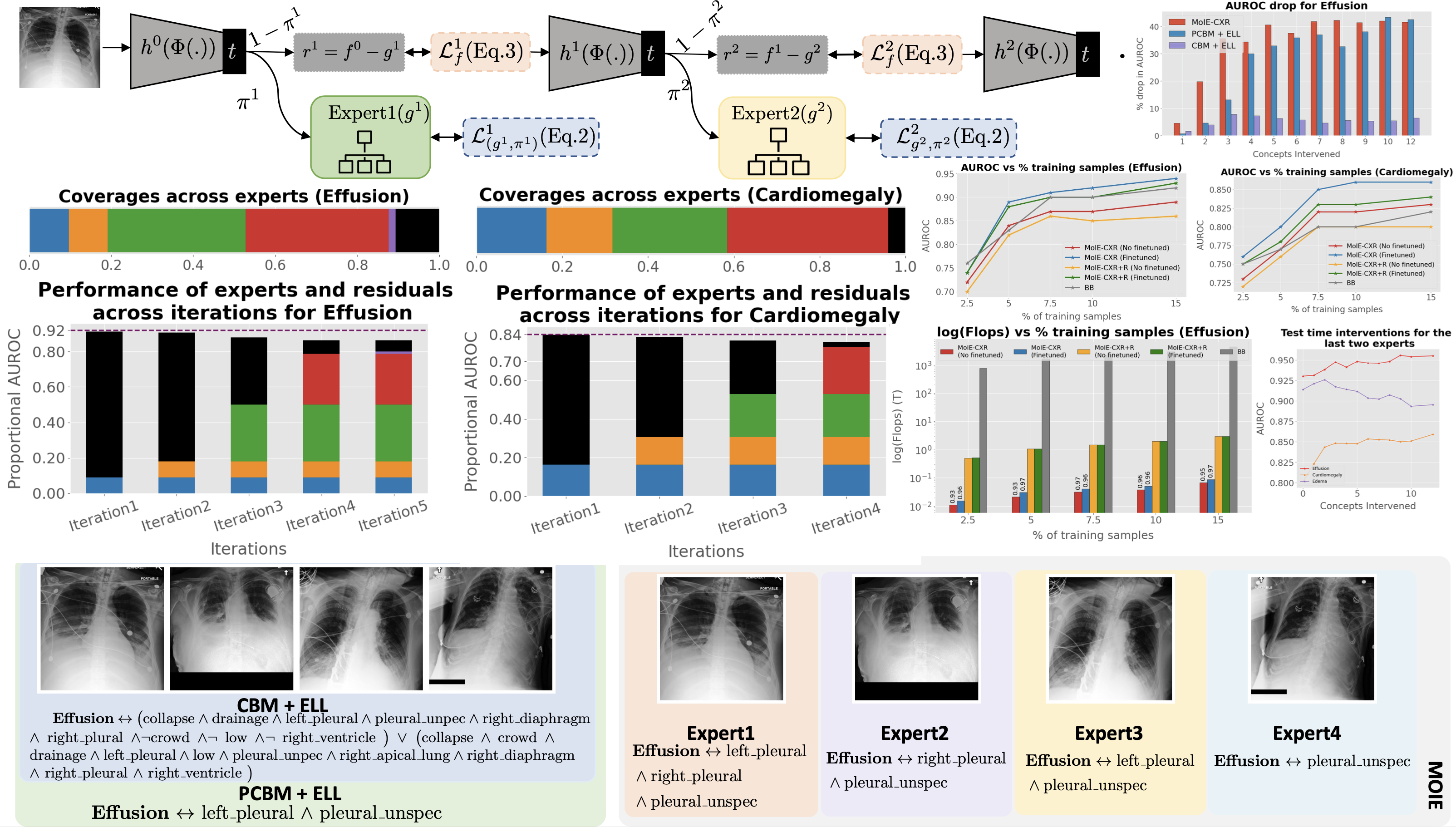 Distilling BlackBox to Interpretable models for Efficient Transfer Learning Shantanu Ghosh, Ke Yu, Kayhan Batmanghelich
Distilling BlackBox to Interpretable models for Efficient Transfer Learning Shantanu Ghosh, Ke Yu, Kayhan Batmanghelich
Project Page Paper arXiv Workshop Paper Code
26th International Conference on Medical Image Computing and Computer Assisted Intervention (MICCAI 2023)
🏅 Early accept, top ~ 14%
Also, in the 3rd Workshop on Interpretable Machine Learning in Healthcare ( IMLH), ICML 2023 -
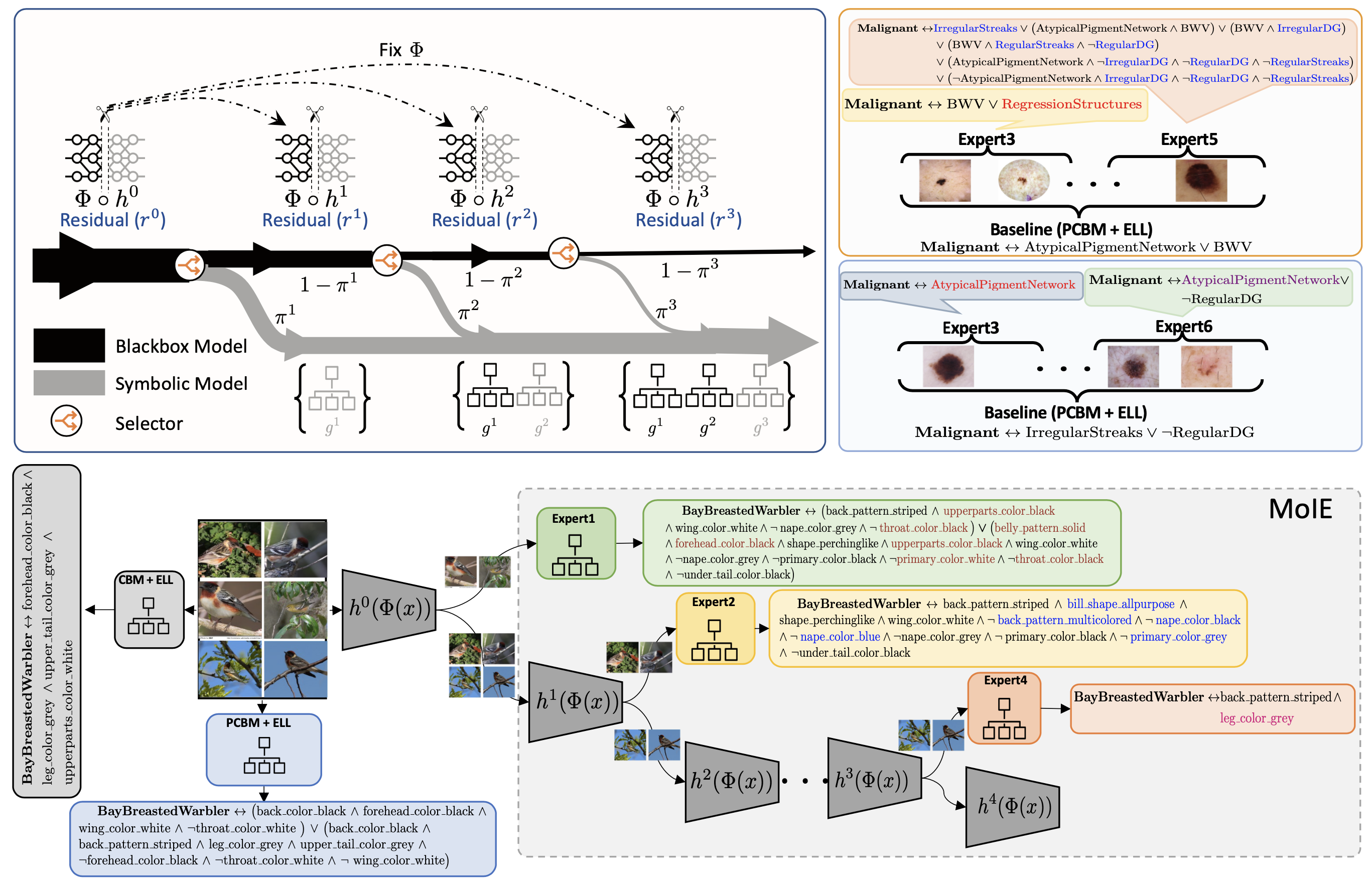 Dividing and Conquering a BlackBox to a Mixture of Interpretable Models: Route, Interpret, Repeat Shantanu Ghosh, Ke Yu, Forough Arabshahi, Kayhan Batmanghelich
Dividing and Conquering a BlackBox to a Mixture of Interpretable Models: Route, Interpret, Repeat Shantanu Ghosh, Ke Yu, Forough Arabshahi, Kayhan Batmanghelich
Project Page Paper arXiv Shortcut Paper Code Slides Poster Video
40th International Conference on Machine Learning (ICML 2023)
Also, in the 2nd Workshop on Spurious Correlations, Invariance and Stability ( SCIS), ICML 2023 -
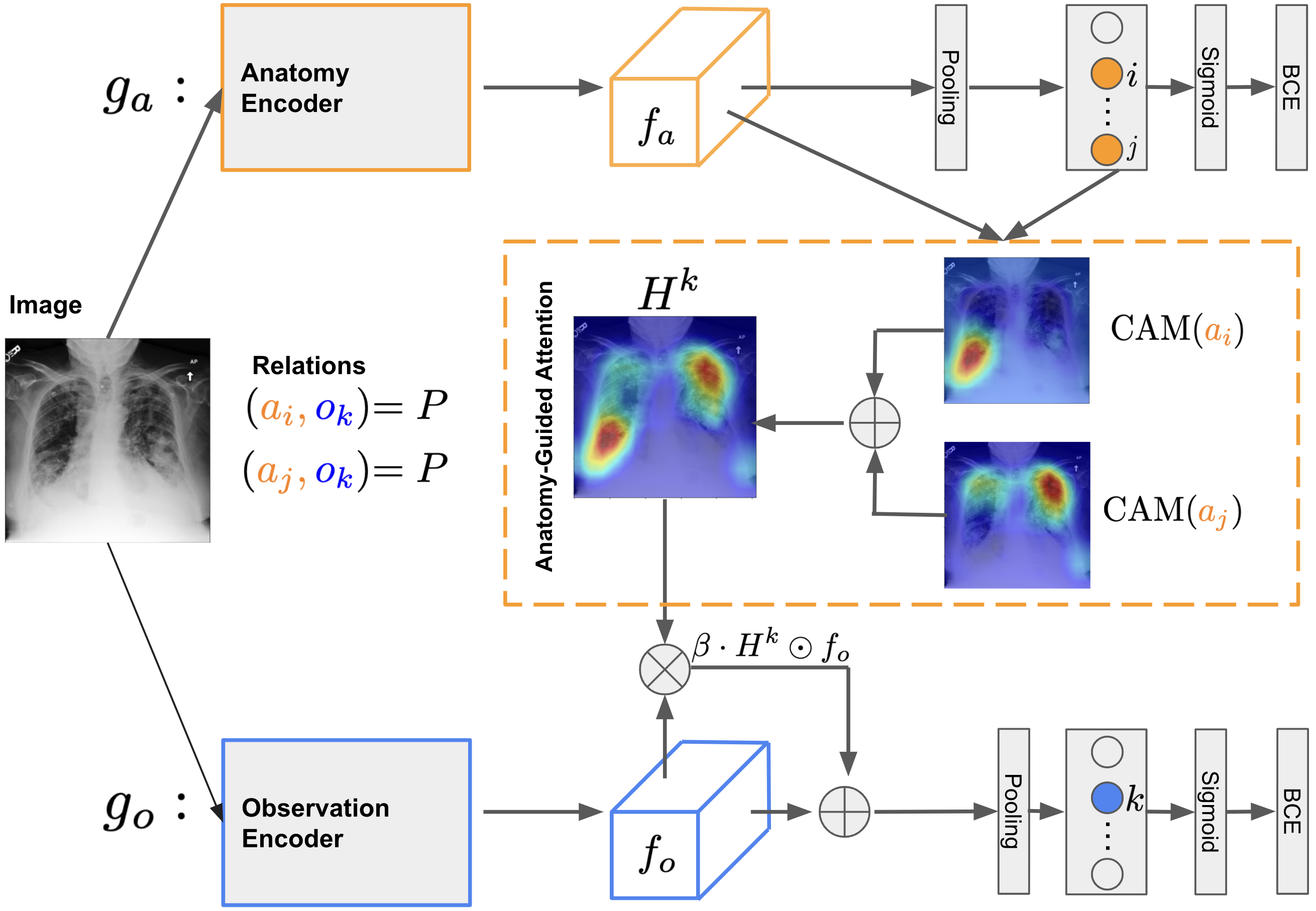 Anatomy-Guided Weakly-Supervised Abnormality Localization in Chest X-rays Ke Yu, Shantanu Ghosh, Zhexiong Li, Christopher Deible, Kayhan Batmanghelich
Anatomy-Guided Weakly-Supervised Abnormality Localization in Chest X-rays Ke Yu, Shantanu Ghosh, Zhexiong Li, Christopher Deible, Kayhan Batmanghelich
Paper arXiv Reviews Code
25th International Conference on Medical Image Computing and Computer Assisted Intervention (MICCAI 2022) -
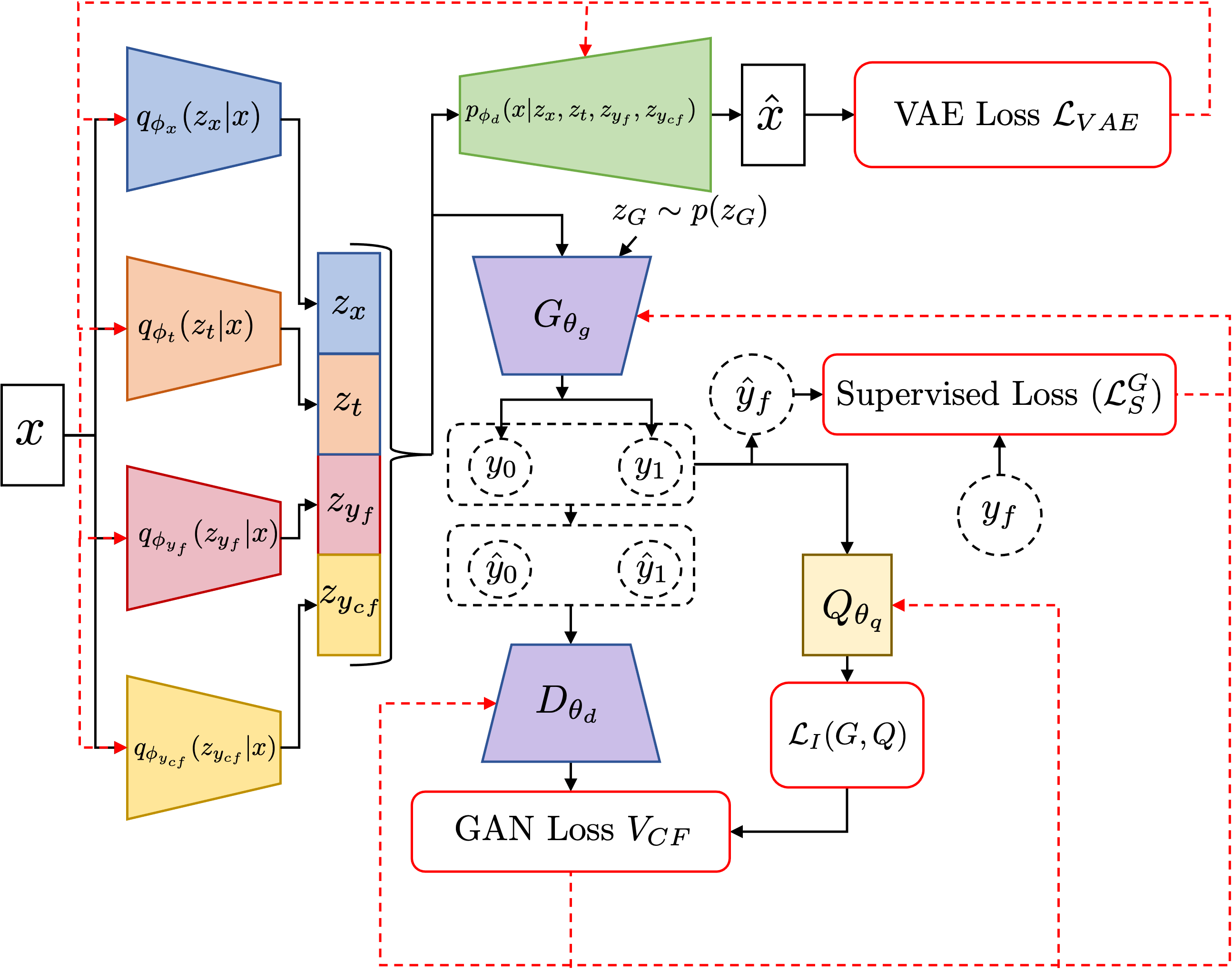 DR-VIDAL-Doubly Robust Variational Information-theoretic Deep Adversarial Learning for Counterfactual Prediction and Treatment Effect Estimation Shantanu Ghosh, Zheng Feng, Jiang Bian, Kevin Butler, Mattia Prosperi
DR-VIDAL-Doubly Robust Variational Information-theoretic Deep Adversarial Learning for Counterfactual Prediction and Treatment Effect Estimation Shantanu Ghosh, Zheng Feng, Jiang Bian, Kevin Butler, Mattia Prosperi
Paper arXiv Code Supplementary Slides Video
American Medical Informatics Association (AMIA 2022) Annual Symposium
🏅 Long Oral Presentation -
Propensity score synthetic augmentation matching using generative adversarial networks (PSSAM-GAN) Shantanu Ghosh, Christina Boucher, Jiang Bian, Mattia Prosperi
Paper Code
Journal of Computer methods and programs in biomedicine update Volume 1 (2021) -
Deep propensity network using a sparse autoencoder for estimation of treatment effects Shantanu Ghosh, Zheng Feng, Yi Guo, Jiang Bian, Mattia Prosperi
Paper Code
Journal of the American Medical Informatics Association (JAMIA) Volume 28 Issue 6 (2021)
Academic Projects
-
 Explaining why Lottery Ticket Hypothesis Works or Fails Proposal Report Code
Explaining why Lottery Ticket Hypothesis Works or Fails Proposal Report Code
As a part of CMU 16-824: Visual Learning and Recognition, we studied the relationship between pruning and explainability. We validated if the explanations generated from the pruned network using Lottery ticket hypothesis (LTH) are consistent or not. Specifically we pruned a neural network using LTH. Next we generated and compared the local and global explanations using Grad-CAM and Concept activations respectively. -
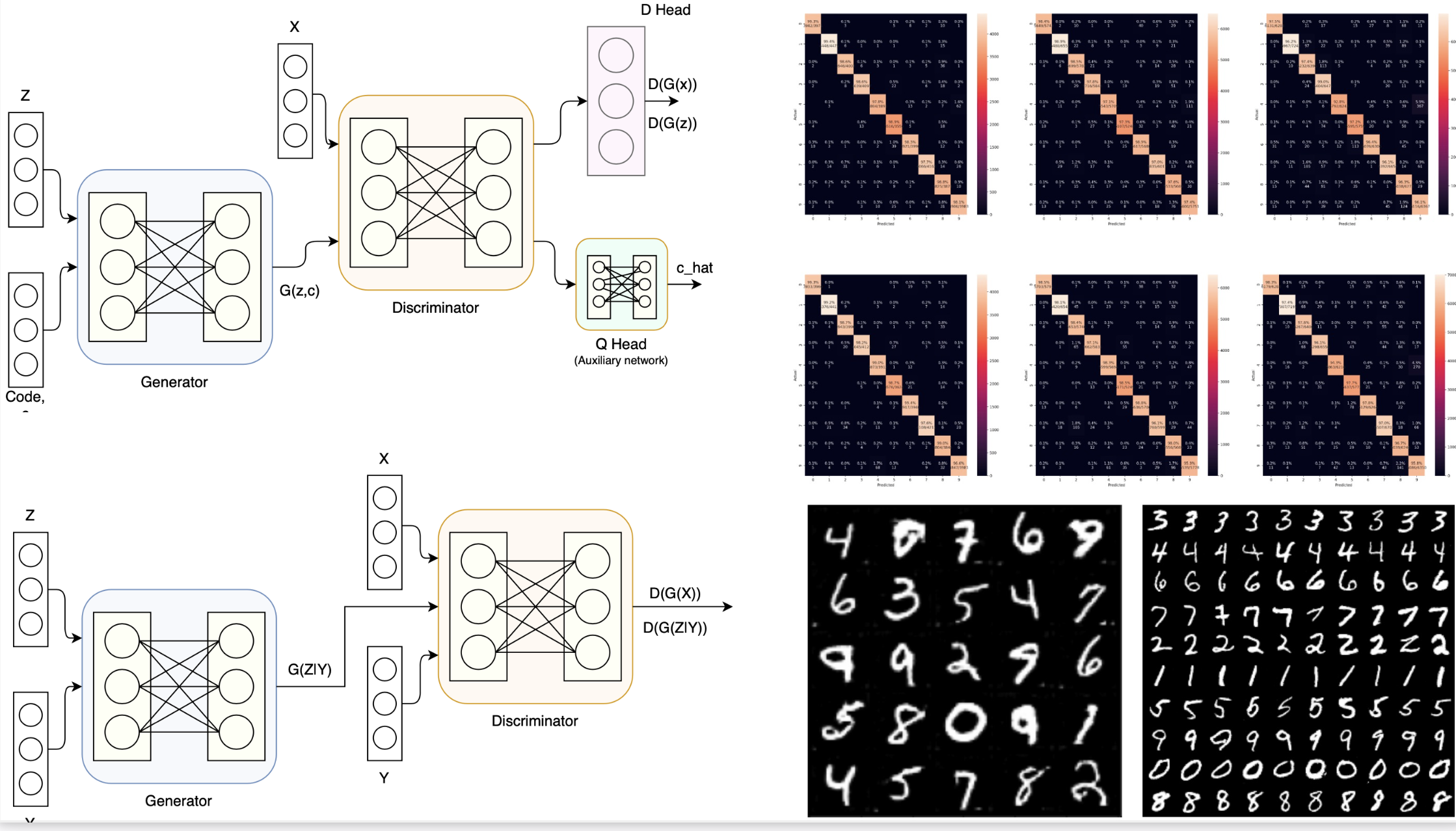 Efficient classification by data augmentation using CGAN and InfoGAN Proposal Report Code
Efficient classification by data augmentation using CGAN and InfoGAN Proposal Report Code
As a part of CIS6930 - Deep Learning for Computer Graphics, we used two novel variants of GAN: 1) Conditional GAN and 2) InfoGAN to augment the dataset and compare the classifier’s performance using a novel dataset augmentation algorithm. Our experiments showed that with less training samples from the original dataset and augmenting it using the generative models, the classifier achieved similar accuracy when trained from scratch. -
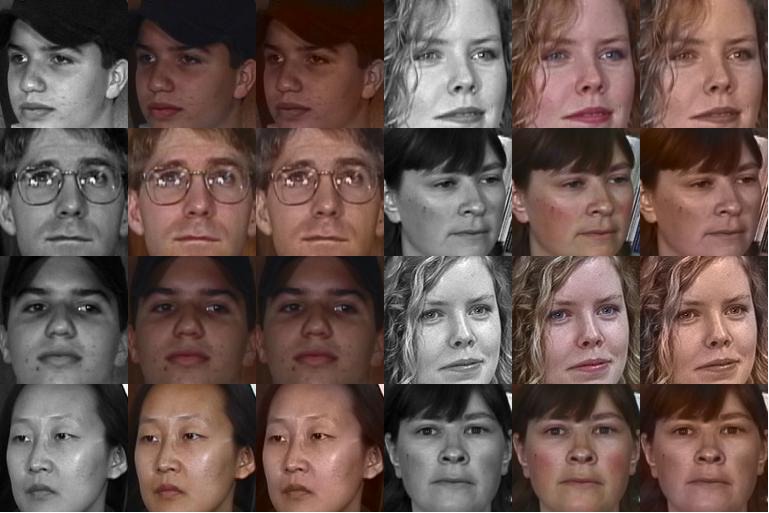 Deep Colorization Problem Description Report Code
Deep Colorization Problem Description Report Code
As a part of CIS6930 - Deep Learning for Computer Graphics, a CNN was created to train to color grayscale face images. -
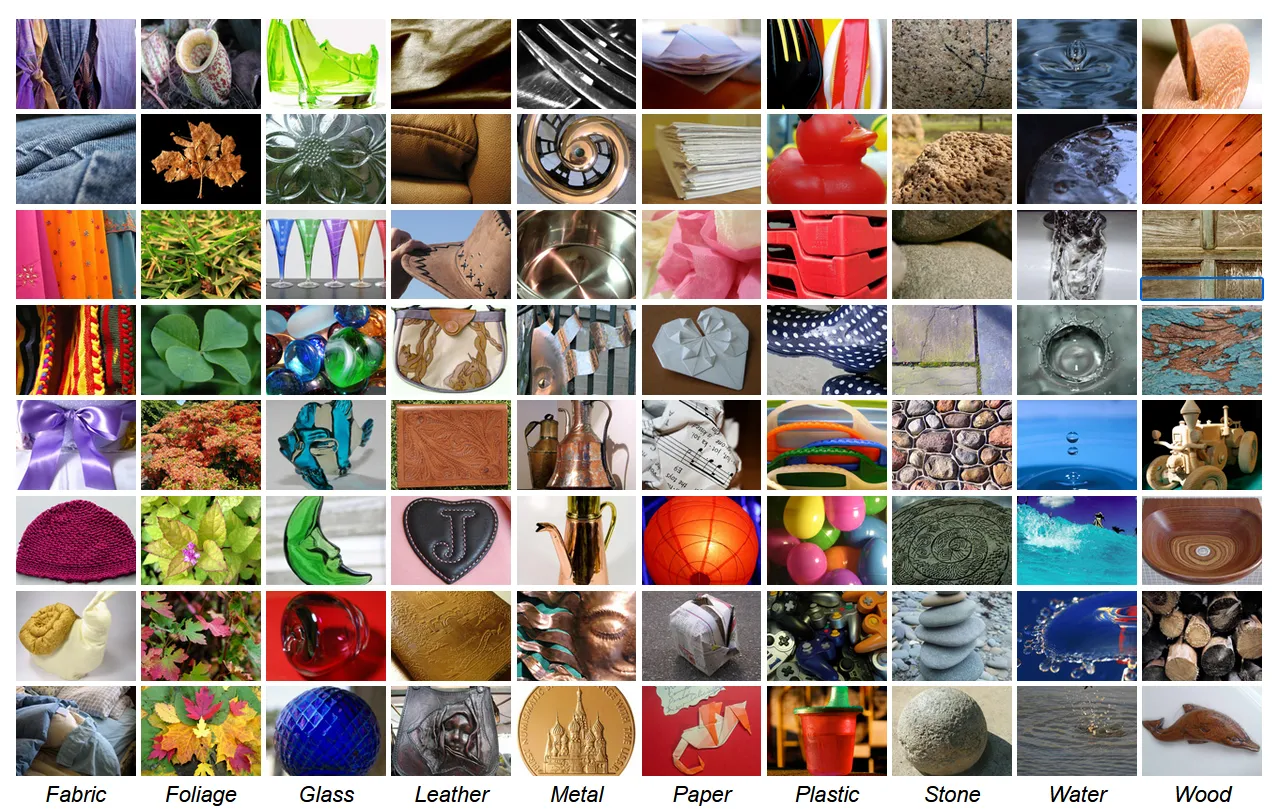 Deep Multitask Texture Classifier(MTL-TCNN) Report Code
Deep Multitask Texture Classifier(MTL-TCNN) Report Code
As a part of the independent research study in Spring 2020 (Feb - April), under Dr. Dapeng Wu, I developed a Deep Convolutional Multitask Neural Network (MTL-TCNN) to classify textures. We used an auxiliary head to detect normal images other than textures to regularize the main texture detector head of the network. -
 Implementation of TCNN3 paper Code
Implementation of TCNN3 paper Code
As a research assistant under Dr. Dapeng Wu, I implemented TCNN3 architecture in end to end manner from scratch (no pretraining) for DTD dataset, discussed in the paper Using filter banks in Convolutional Neural Networks for texture classification. -
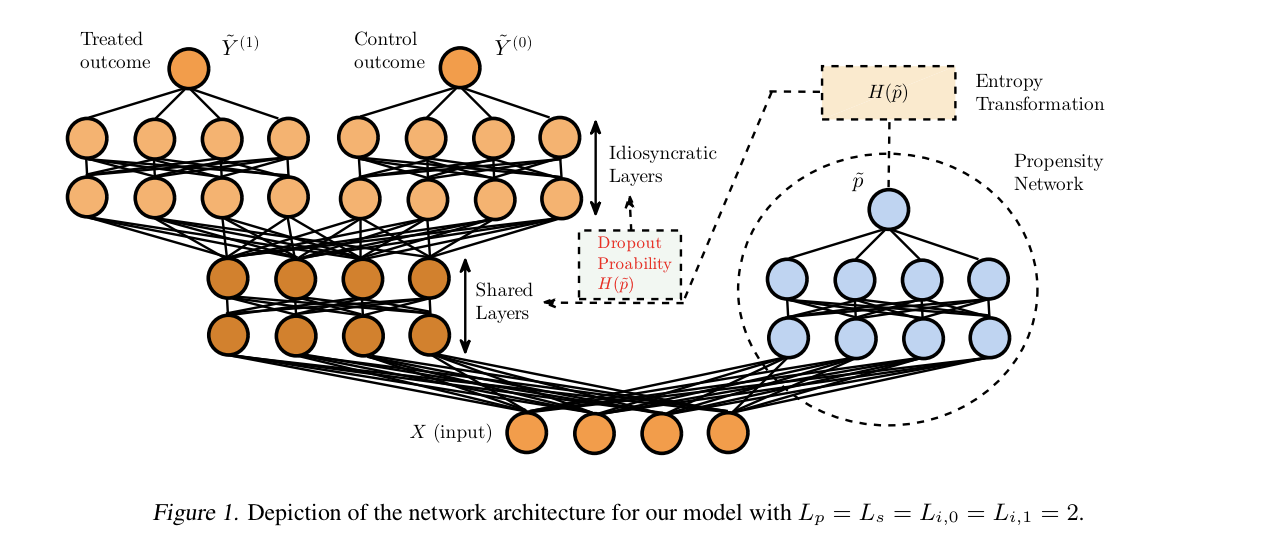 Implementation of Deep Counterfactual Networks with Propensity-Dropout Code
Implementation of Deep Counterfactual Networks with Propensity-Dropout Code
As a research assistant of DISL, I implemented the paper Deep Counterfactual Networks with Propensity-Dropout, which was subsequently used in my other research. -
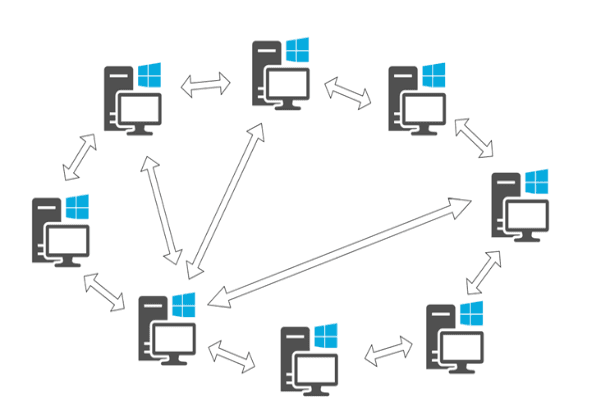 Implementation of Deep Counterfactual Networks with Propensity-Dropout Problem Description Code
Implementation of Deep Counterfactual Networks with Propensity-Dropout Problem Description Code
This project was created as a part of the p2p project for Computer Networks (CNT5106C) at the University of Florida for the Master's in Computer Science program. A simplified peer to peer network where any number of peers can share any type of file among themselves. Implemented in Java.
Professional Service
Conference reviewer- Neural Information Processing Systems (NeurIPS) 2023
- ACM Conference on Bioinformatics, Computational Biology, and Health Informatics (BCB) 2022
- Computer Methods and Programs in Biomedicine (CMPB)
- Spurious Correlations, Invariance and Stability (SCIS), ICML 2023
- Interpretable Machine Learning in Healthcare (IMLH), ICML 2023
Talks
- [Nov 2022] Oral Presentation @ AMIA 2022 Annual Symposium
- [Nov 2023] Fall 2023, ISP AI Forum @ University of Pittsburgh [Upcoming]
Teaching
Courses
Teaching AssistantBoston University


